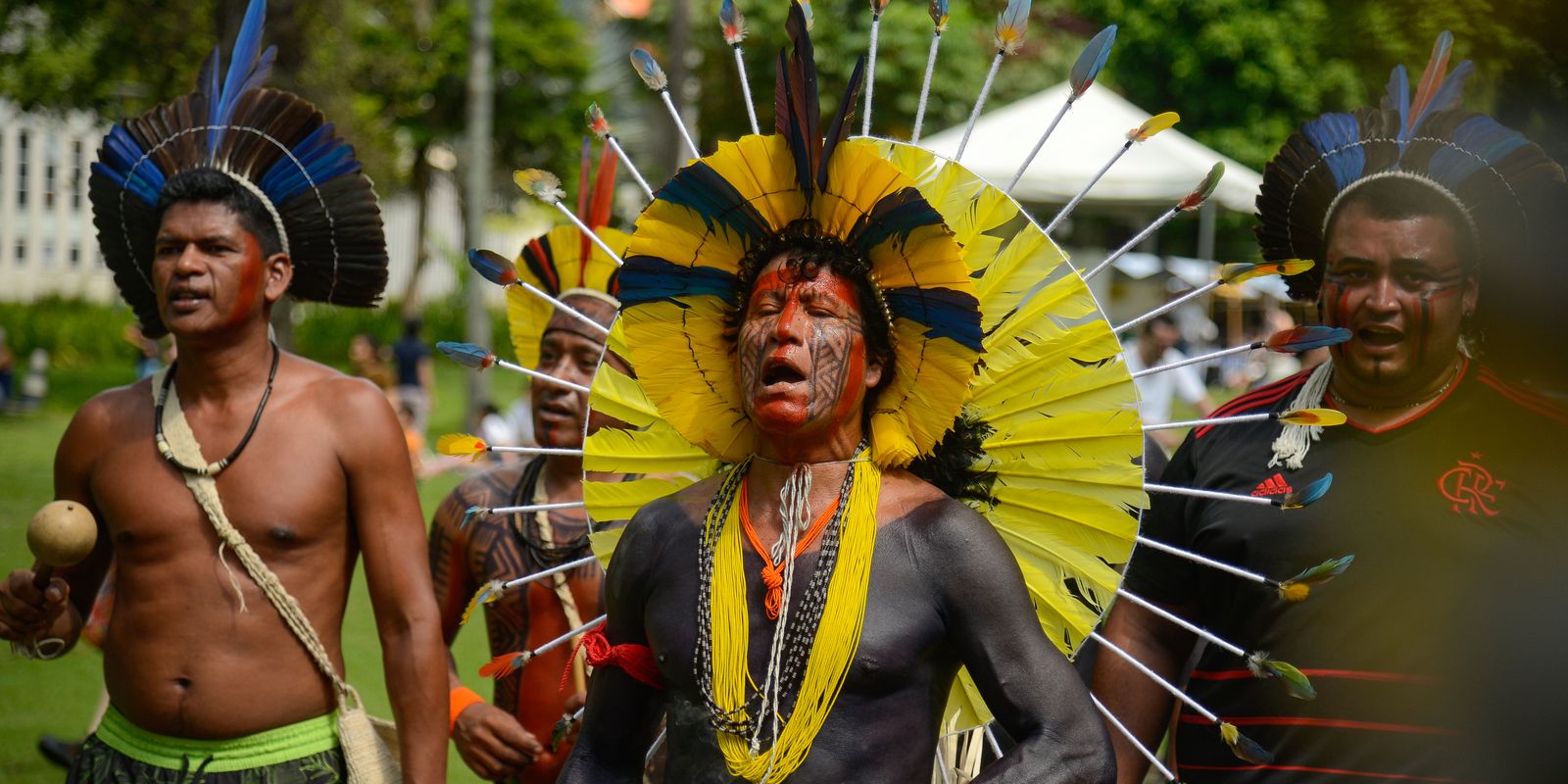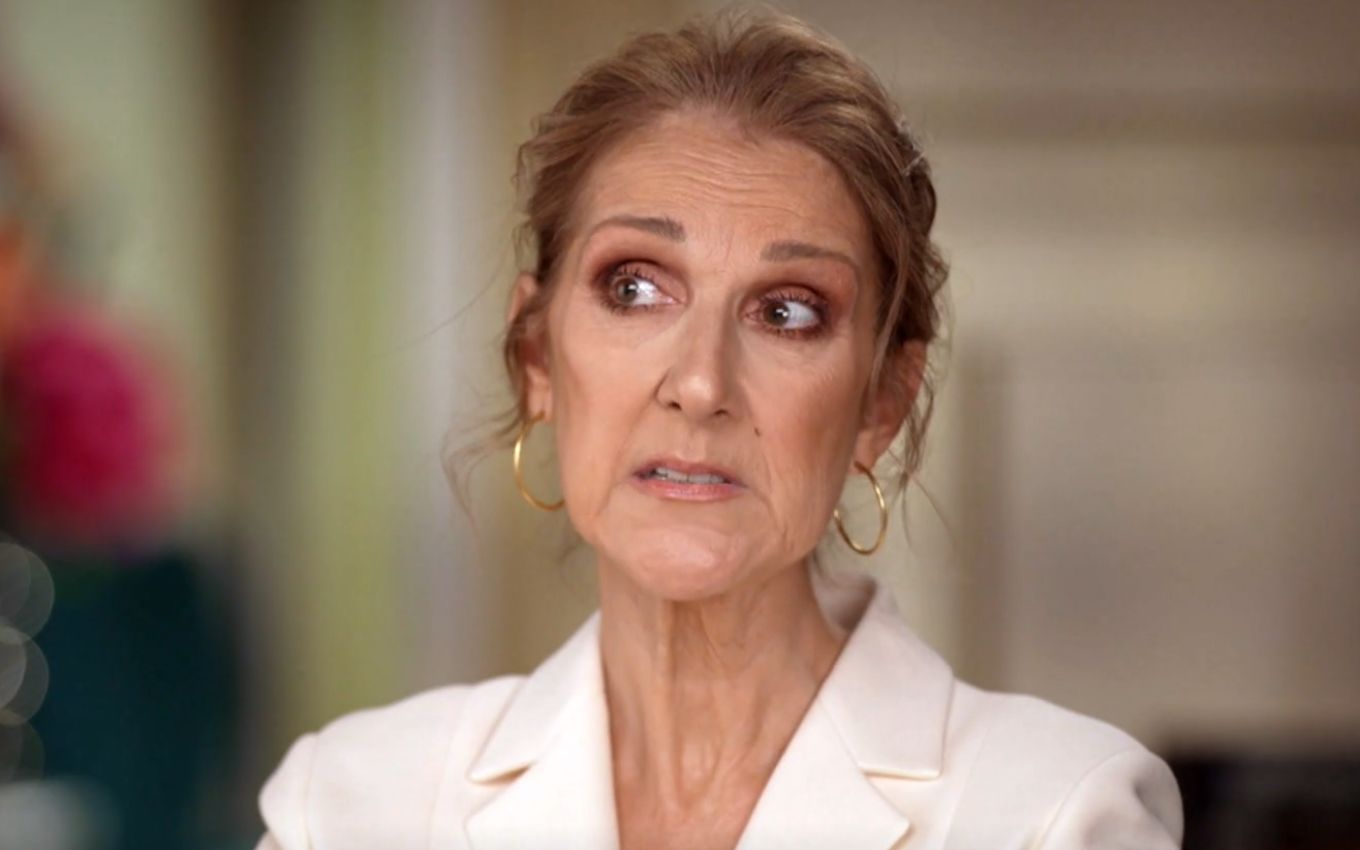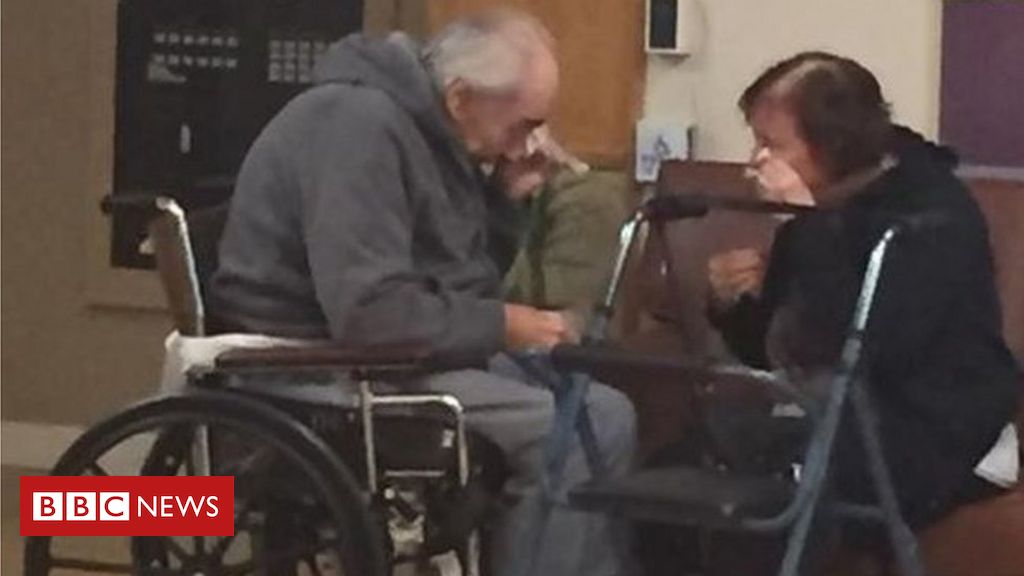The World Health Organization (WHO) unanimously approved, this Monday (29), in Geneva, Switzerland, a resolution presented by Brazil aimed at guaranteeing equal and complete access to health care for the population indigenous from all over the world. Of approval – during 76th World Health Assembly (WHA) – the WHO will create a global indigenous health plan, making this issue a priority on the agenda of the international organization, as proposed by Brazil. The global strategy will also allow the exchange of experiences on the subject between the signatory nations. 
Weibe Tapeba, Secretary of Indigenous Health (Sesai) of the Ministry of Health, celebrated the unanimous approval, via social networks. “Indigenous victory. A historic moment of progress, of a new era of inclusion of indigenous peoples and their rights around the world,” he said. Weibe also asked other countries to co-sponsor the document.
The pioneering resolution voted on this Monday was presented by Brazil on Saturday (27), in Geneva. The text was supported by 13 other countries (Australia, Bolivia, Canada, Colombia, Cuba, Ecuador, United States, Guatemala, Mexico, New Zealand, Panama, Paraguay, Peru and United States), in addition to the European Union .
Diplomacy
Adherence to the resolution is the result of Brazilian diplomatic negotiations with other delegations, since last week, as highlighted by the Minister of Health, Nísia Trindade, last Wednesday (24). “It was a joint effort to achieve the possibility of a vote” [ocorrida nesta segunda-feira].
In his speech introducing the resolution, Saturday (27), the Secretary of Indigenous Health (Sesai) of the Ministry of Health, Weibe Tapeba, marked the position of Brazil, since the beginning of the administration of President Luiz Inácio Lula da Silva. “Being at the head of the proposal for a draft resolution dealing with the issue of the health of indigenous peoples symbolically represents the effort that our country has made to guarantee the universalization of health throughout the country, obviously ensuring coverage of assistance also in the territories in which indigenous peoples live. indigenous peoples,” Weibe said.
This is the first time that the WHO has adopted a specific resolution on the health of indigenous peoples. The Aboriginal Health Secretary (Sesai) highlighted the importance of the decision. “It is symbolic for WHO, in its 75-year history, to approve a resolution that determines the development of a WHO global plan, encourages other countries to develop national plans and to seek strategies capable of guaranteeing access to health for indigenous peoples, respecting the right to consultation and strengthening social participation in the construction of actions, programs and policies intended for these populations”, -he explained.
The 76th World Health Assembly (WHA) will be held until Tuesday (30) in Geneva and, this year, it will have the theme “WHO at 75”. [anos]: save lives, bring health to all”.
Respect
Under the agreement, countries are invited to create regional plans to advance health systems that promote specific actions for local indigenous populations. Membership is voluntary.
Minister Nísia Trindade explained that, although the resolution will come into force upon approval, it will take time to adapt to the development of the guidelines of the global plan, in addition to the regional plans of the signatory countries.
“Among the examples of necessary changes in approach is the assimilation of the customs of indigenous populations to offer more appropriate treatment,” highlighted the Ministry of Health.
On Saturday, Secretary Weibe Tapeba also spoke about the need to respect and value the traditional and cultural practices of indigenous peoples. “Access to the health of indigenous peoples also means guaranteeing means of promoting ancestral knowledge and indigenous or traditional medicine of these indigenous peoples, which range from forms of care and healing, to the use of plants, roots and medicinal herbs, to the performance of rituals and the valorization of indigenous peoples. spirituality”.
Indigenous health
According to the United Nations (UN), there are more than 476 million indigenous people in approximately 90 countries around the world, representing just over 6% of the world’s population.
However, the UN highlights that 19% of these people are extremely poor. Additionally, indigenous populations also have a life expectancy up to 20 years lower than non-indigenous populations around the world.
The Ministry of Health emphasizes that Brazil has 305 indigenous peoples distributed throughout the national territory. The population of these people is estimated at around 1.5 million people.
In the area of health, the federal government has the National Health Care Policy for Indigenous Peoples, with specific actions for this public managed by the Indigenous Health Care Subsystem (SasiSUS), within the System of Unified Health (SUS).
The Ministry of Health highlights that the Lula administration prioritized the hiring of indigenous professionals, such as indigenous health workers and indigenous sanitation workers, to work on disease prevention, guidance on health actions and care of the environment.
Weibe commented on the challenges Brazil faces in ensuring universal access to health care in indigenous territories. “There are still many gaps in care. Especially because indigenous peoples from different regions occupy places that are difficult to access or isolated. Providing health care to these people in these locations involves logistical strategies, infrastructure and professional delivery models that seek to ensure that professionals work in these conditions,” he concluded.

“Typical thinker. Unapologetic alcoholaholic. Internet fanatic. Pop culture advocate. Tv junkie.”


:strip_icc()/i.s3.glbimg.com/v1/AUTH_da025474c0c44edd99332dddb09cabe8/internal_photos/bs/2023/D/n/i7eIkcQsAB0YgsWKDQMw/whatsapp-image-2023-03-08-at-10.48.49.jpeg)




:strip_icc()/i.s3.glbimg.com/v1/AUTH_63b422c2caee4269b8b34177e8876b93/internal_photos/bs/2021/T/V/IFkavRRSSjHCBPZfqVXw/ap21313490536644.jpg)